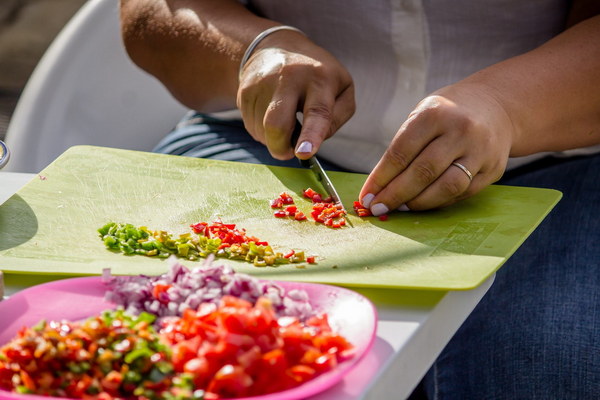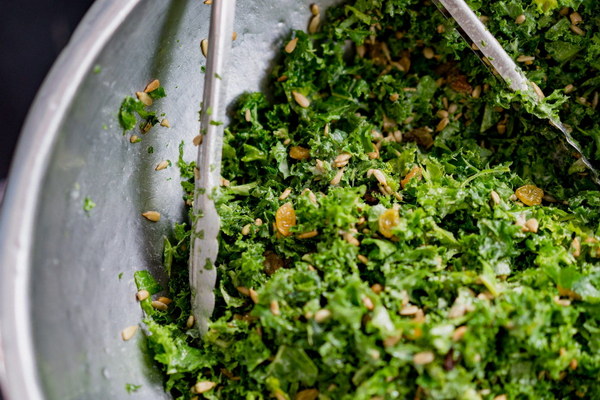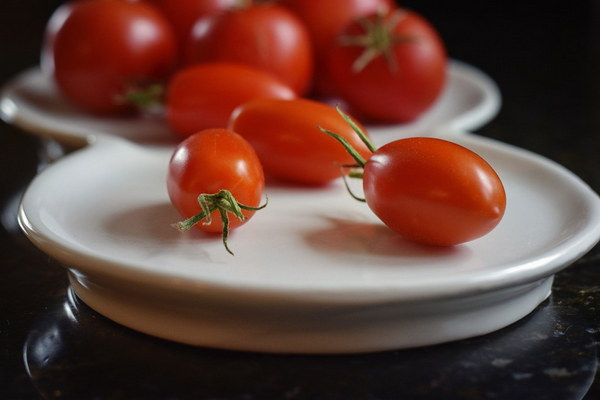Natural Ways to Drain Dampness Traditional Chinese Medicine for a Balanced Body
Introduction:
Dampness, a concept in Traditional Chinese Medicine (TCM), refers to the excess of dampness in the body that can lead to various health issues. Excessive dampness can result from an overabundance of dampness in the environment, poor diet, or internal factors like spleen and kidney imbalance. In this article, we will explore natural ways to drain dampness according to TCM and help you achieve a balanced and healthy body.
1. Diet and Nutrition:
A balanced diet is crucial in managing dampness in TCM. Here are some dietary recommendations:
a. Avoid cold and raw foods: Cold and raw foods can exacerbate dampness. Instead, opt for warm and cooked meals.
b. Reduce intake of dampness-inducing foods: Foods like dairy products, sugar, and greasy foods should be limited.

c. Include warming foods: Spices like ginger, cinnamon, and black pepper can help warm the body and promote dampness drainage.
d. Focus on kidney and spleen-boosting foods: Foods like kidneys, black beans, and walnuts can support the kidney and spleen functions, which are vital in draining dampness.
2. Herbs and Supplements:
TCM offers various herbs and supplements that can help drain dampness from the body. Some commonly used herbs include:
a. Astragalus (huang qi): Known for its immune-boosting properties, astragalus can also help drain dampness and support the spleen and lungs.
b. Poria (fu ling): This herb is commonly used in TCM to drain dampness and support kidney function.
c. Atractylodes (cang Zhu): Atractylodes is another herb that can help drain dampness and strengthen the spleen.
It is essential to consult with a TCM practitioner before starting any herbal or supplement regimen.
3. Lifestyle and Exercise:
Lifestyle and exercise play a significant role in managing dampness in TCM. Here are some recommendations:
a. Regular exercise: Engaging in moderate-intensity exercises like walking, jogging, or yoga can help improve circulation and promote dampness drainage.
b. Avoid excessive moisture: Try to minimize exposure to damp environments and ensure proper ventilation in your living space.
c. Get enough rest: Adequate sleep is essential for maintaining a healthy balance in the body. Poor sleep can weaken the spleen and kidney functions, leading to dampness.
4. Acupuncture and TCM Therapies:
Acupuncture, a key component of TCM, can help drain dampness and promote overall health. Acupuncturists will target specific acupuncture points to stimulate the body's natural healing processes. Other TCM therapies, such as cupping, moxibustion, and massage, can also be beneficial in addressing dampness-related issues.
Conclusion:
Managing dampness in TCM involves a holistic approach, focusing on diet, lifestyle, and TCM therapies. By following these natural ways to drain dampness, you can achieve a balanced and healthy body. Remember to consult with a TCM practitioner for personalized advice and treatment.









